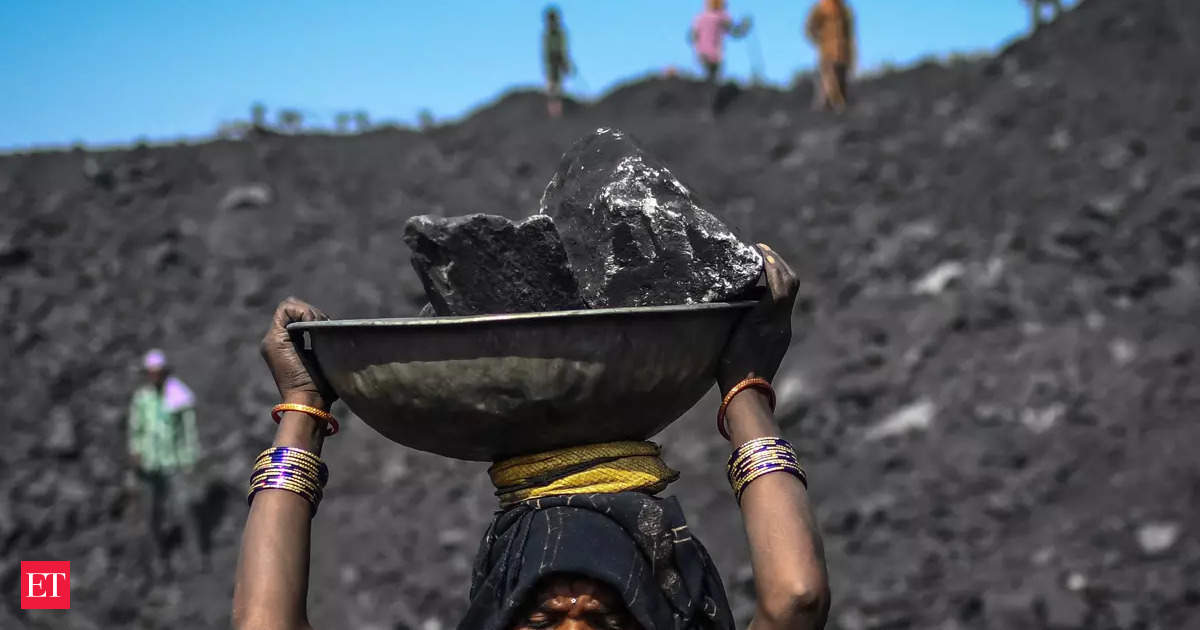The transition to cleaner energy sources is gaining momentum worldwide as countries strive to reduce greenhouse gas emissions and combat climate change. However, this shift away from dirty fossil fuels like coal is projected to result in the loss of around 400,000 jobs, with India and China being the most affected. According to a report, as the world shuns coal and other polluting fuels, these two countries are expected to bear the brunt of job losses in the coal industry.
India and China are currently the largest consumers of coal, with a significant portion of their energy needs dependent on this dirty fuel. The rapid growth of renewable energy sources and the increasing popularity of natural gas as a cleaner alternative to coal have contributed to the decline in demand for coal. This shift, combined with efforts to curb pollution and improve air quality, has led to the closure of coal-fired power plants and the subsequent loss of jobs.
The report indicates that China alone will account for nearly half of the job losses, with around 180,000 positions at risk. India, which heavily relies on coal for power generation, is estimated to lose about 60,000 jobs. While these countries are making efforts to encourage the growth of renewable energy and promote a greener economy, the immediate impact on workers in the coal industry is inevitable.
The job losses are not limited to the coal sector alone. As the demand for coal diminishes, other industries such as mining and transportation, which are closely linked to the coal industry, will also be affected. The economic implications of this transition away from coal are significant, and governments must have appropriate strategies in place to support affected workers and facilitate their transition to new employment opportunities.
The shift to cleaner energy is an essential step towards mitigating climate change and creating a sustainable future. However, it is crucial to ensure that the transition is just and inclusive, taking into account the livelihoods of those directly impacted. Investment in retraining programs, creating new job opportunities in the renewable energy sector, and providing financial support for affected communities are some measures that can help alleviate the socio-economic consequences of this transition.
In conclusion, while the global shift away from dirty fossil fuels is necessary for a cleaner and greener future, it is essential to address the job losses that will occur as a result. Governments, businesses, and communities must work together to support affected workers and facilitate a smooth transition to a low-carbon economy.











